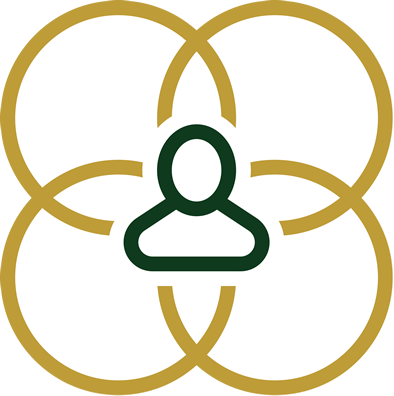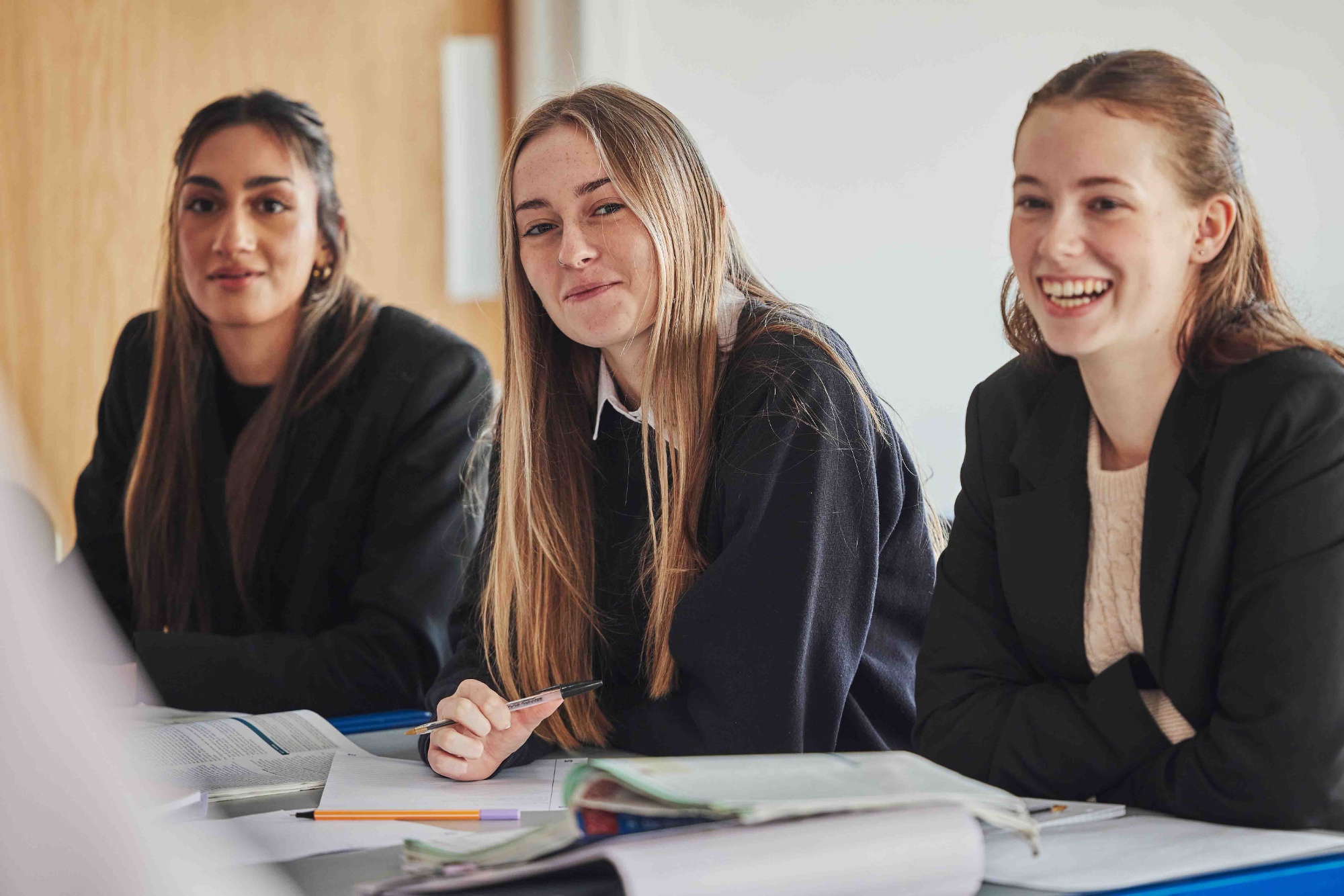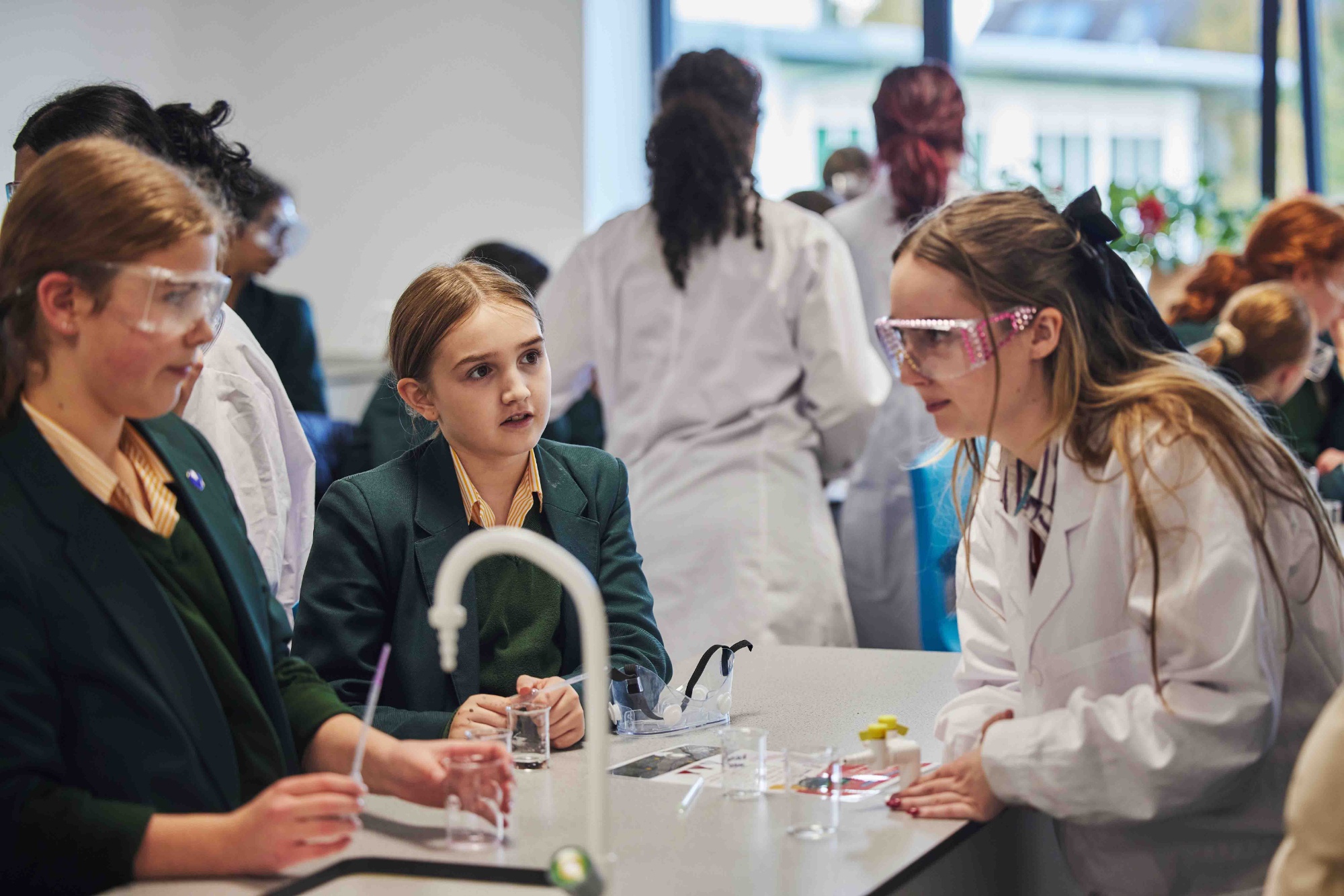Curriculum
The Curriculum Intent at Ribston is to provide an education that gives students opportunities to:

Cognitive Fluency
Become effective, autonomous learners who have developed skills that enable them to learn with cognitive fluency. They will have high aspirations and will work hard to achieve their goals;

Personal Character
Develop their personal character. They will have high expectations of themselves and their behaviour. They will show good judgement, confidence and self-belief;

Compassion & Tolerance
Develop compassion, tolerance and a strong social conscience. Students will take opportunities to improve their own world through their careers and relationships in both the local and global community.
The strategic implementation for our curriculum is to facilitate a culture of academic excellence and personal growth through enriching and effective learning experiences.
Promote Challenge & Deep thinking - High Expectations from students and teachers, with opportunities for Independent Learning through:
- Modelling & Risk-Taking - Students are resilient and know how to apply knowledge and skills
- Questioning - 'high-level' questioning so that students think hard
- Feedback & Metacognition for Self-Reflection - High quality, to encourage future discovery
- Positive Learning Climate – Embedded use of positive language
These five key strategies will be embedded into the curriculum and teaching through the implementation of the Effective Teaching Framework – ‘Classrooms of Discovery’. These strategies, alongside increasingly demanding subject content will provide opportunities throughout the Key Stages for students to develop themselves.
Key Stage 3 - Years 7, 8 & 9
Students in Years 7 to 9 follow a broad curriculum which over the three years covers: English, Mathematics, Science, Modern Foreign Languages (French & Spanish), History, Geography, Religious Studies, Art & Design (Fine Art, Graphics & Textiles), Food Preparation & Nutrition, Music, Computer Science, Physical Education, Dance, Drama and Personal, Social, Health, Economic Education (PSHE).
Key Stage 4 - Years 10 & 11
All students follow GCSE courses in: English, English Literature, Mathematics, Physics, Chemistry, Biology (or Combined Science). Students choose three additional GCSE subjects from: Art & Design (Fine Art, Textile Design and 3-Dimension Design), Dance, Food Preparation & Nutrition, Drama, Geography, History, Computer Science, Music, Religious Studies, Physical Education, Psychology, French and Spanish. In addition, there is a general programme involving Physical Education, Personal, Social, Health and Economic Education (PSHE), non-exam Religious Studies and private study time.
Sixth Form - Key Stage 5
A wide range of Advanced Level subjects are available in the Sixth Form. Sixth Form students choose at three subjects from the following:
Art & Design (Fine Art & Textiles), Drama, Biology, Business Studies, Chemistry, Computer Science, Dance, Food Science and Nutrition, English Literature, French, Geography, History, Mathematics & Further Mathematics, Music, Physical Education, Physics, Politics, Psychology, Philosophy & Ethics, Sociology and Spanish.
Further details are published in the Sixth Form Subject Guide. Please visit the Sixth Form website page for more information about the Sixth Form.
Independent Study
Independent Study makes an important contribution to a student’s learning. To ensure that maximum benefit is gained from the setting of independent study, there needs to be a partnership between the students, the teaching staff and parents.
We also use Satchel: One to support the independent study process.
The time spent on independent study will vary at different times of the year and in different subjects across all year groups.
Going Further Opportunities
Going Further Opportunities are opportunities to go beyond the curriculum. For each topic in each subject in each year, staff have created tasks that enable students to further explore the concepts and ideas raised within the classroom.
All students have these opportunities signposted to them and are able to therefore delve more deeply into each of their subjects in their own time. We have provided these opportunities to cultivate deep thinking across all Key Stages. For instance, in Year 8 Science, they can, as part of their Heating and Cooling topic, find a picture of the International Space Station and annotate it in order to describe the temperatures that the ISS must deal with and how the station is designed to meet these demands.


